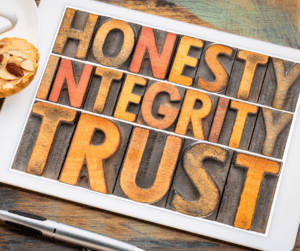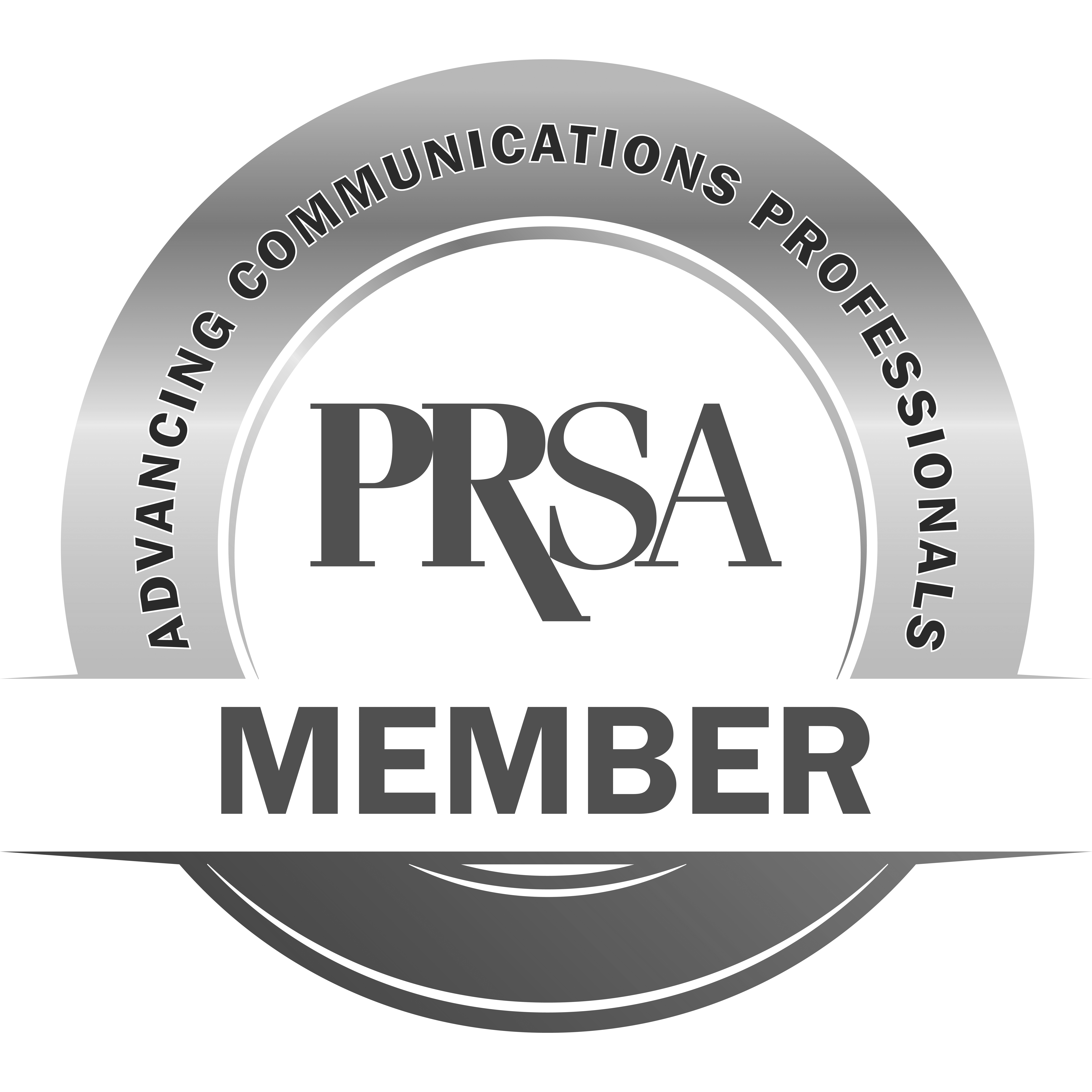The Fundamentals of Trust
Building Trust
I recently made an amendment to my Trust. My fiduciary document got me contemplating a much larger concept: What is Trust? The simple definition is: Trust is a firm belief in the reliability, truth, ability, or strength of someone or something. How do we earn trust? Is it different in a virtual environment? How do you build relationships when you are not face to face? It’s a whole new world out there.
Whatever the communications platform, the same standards of trust apply to your personal and professional relationships. What are these standards?
Trust has two primary components:
The most basic trust is Practical. You meet commitments, show up on time, and do what you say you’ll do. People rely on your competence and dependability. They trust you to get the job done.
This trust is fundamental. If you don’t have it, your team, your clients, your customers, your colleagues, friends, and family are facing some big problems. In the personal space, lack of trust can result in resentment, frustration, and anger. In the workspace, it can lead to a lack of communication, knowledge hoarding, micro-management, duplication of work, missed deadlines, and terrible productivity.
The next level of trust is Emotional. This type of trust is deeper. Emotional trust is essential in romantic and personal relationships. Emotional trust is what it takes to forge a new relationship and maintain existing ones. When people trust that you’re on their side they have confidence you’ll treat them kindly and respectfully; that you won’t judge them for their setbacks; and they’re comfortable telling you their honest thoughts, feelings, and ideas.
This type of trust is, obviously, far more complex. And in a virtual world the difficulty is heightened. It goes beyond hard work and respecting other people’s time; it requires a certain level of emotional intelligence. The good news is, even if you don’t think you have this as an innate skill, it can be learned. Give it a try.
- Build credibility by telling the truth; admit when you don’t know something; and admit when you are wrong.
- Be reliable; do what you say you will do; if you are supposed to do it, then do it. Don’t be a slacker.
- To be trusted, you must extend trust to others; include others in your decision making and be aware or your own reactions to others.
During a recent webinar (there are plenty to choose from these days) someone referred to the “equation of trust.” This balance of trusting and being trusted forms a bond of loyalty and strength, forging a position of strength.
As world famous tennis ace Arthur Ashe said, “Trust has to be earned, and should come only after the passage of time.”
In an impatient society, time and pace exponentially speed along. We don’t have an abundance of time to build trust.
Whether you are a newcomer in an industry full of folks who have no idea who you are and what you can do, or if you have met your boss for the first time or are building brand awareness for your company or product, building trust must accelerate the pace of the journey. But the paradox is: trust can’t be rushed.
American entrepreneur and author Peter Shankman recently wrote, “Your job, above all else, is to make sure your company, your brand, heck, even you, are trusted by everyone with whom you interact. Because even just a little bit of mistrust can cause lasting damage.”
If you are interested in building trust, GBG & Associates can establish a strategic plan to help you establish your brand and image and guide you along the path to trustworthy professional relationships that last.










